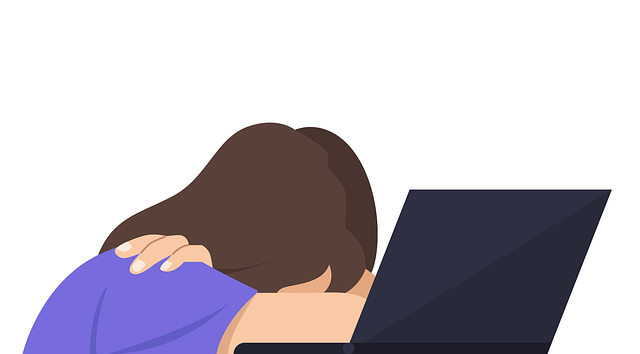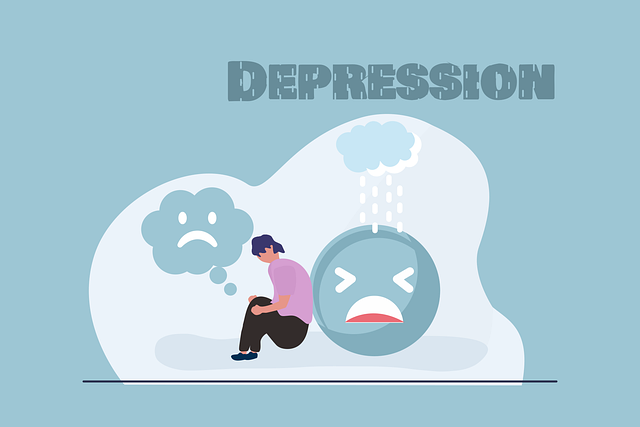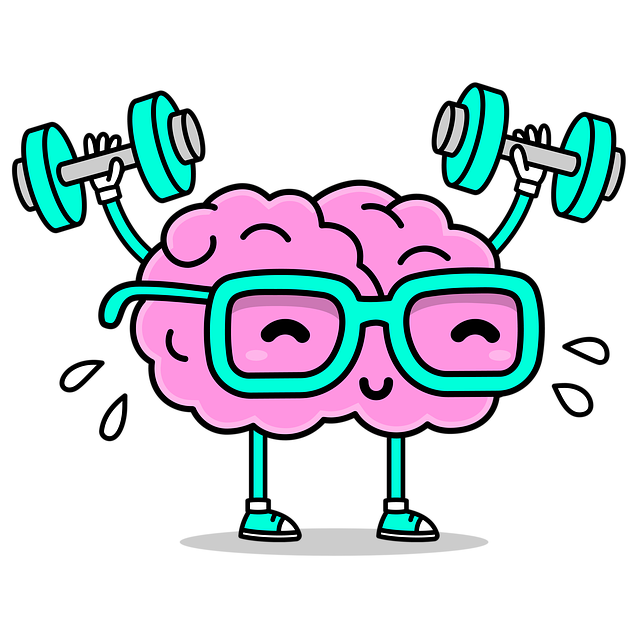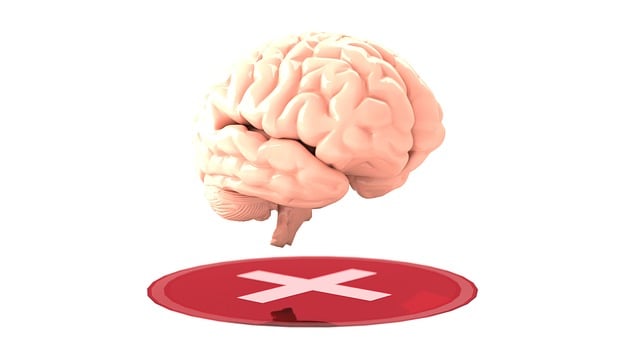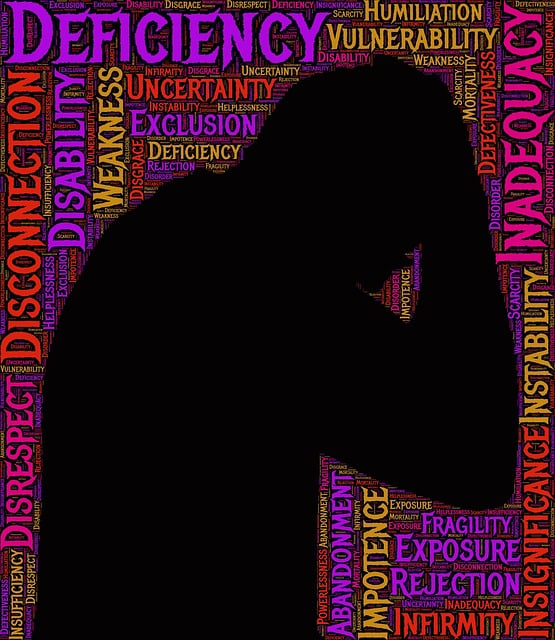Mental wellness group facilitation offers a supportive environment for individuals facing various mental health challenges, especially adolescents and couples. Facilitators create safe spaces encouraging open dialogue and peer support. For teens, this includes techniques like active listening, reflective practices, and mindfulness activities to foster self-care and emotional processing. By integrating aspects of couples counseling, group settings facilitate understanding of interpersonal dynamics and promote healthy communication. This holistic approach combines individual and communal support to enhance mental wellness among adolescents and address relationship issues through specialized therapy.
Mental wellness group facilitation is a powerful tool for fostering community and supporting individuals’ emotional well-being. This article explores effective techniques for facilitating therapy, focusing on distinct yet complementary approaches. We delve into strategies tailored for therapy for adolescent teens, offering insights into engaging young minds in meaningful discussions. Additionally, we discuss the integration of couples counseling techniques in group settings, highlighting their benefits and unique applications.
- Understanding Mental Wellness Group Facilitation
- Strategies for Facilitating Therapy for Adolescent Teens
- Incorporating Couples Counseling Techniques in Group Settings
Understanding Mental Wellness Group Facilitation

Mental wellness group facilitation is a specialized approach that brings individuals together to support one another through shared experiences and challenges related to mental health. It’s a powerful tool for fostering connection, enhancing coping strategies, and promoting healing. In this context, facilitators play a crucial role in creating a safe and inclusive environment where participants can openly discuss their struggles and triumphs, gaining valuable insights from one another.
This technique is particularly beneficial for adolescent teens, couples seeking counseling, and those navigating various mental health concerns. By engaging in group dynamics, individuals can benefit from collective wisdom, build social support networks, and develop effective coping mechanisms. Moreover, mental wellness group facilitation can extend beyond therapeutic settings; it’s also applied in community outreach programs, where initiatives focus on Mental Health Policy Analysis and Advocacy, aiming to raise awareness, challenge stigma, and advocate for systemic changes that improve access to mental health services.
Strategies for Facilitating Therapy for Adolescent Teens

Facilitating therapy sessions for adolescent teens requires a nuanced approach that understands their unique psychological and social development stage. One effective strategy is to create a safe, non-judgmental space where teens feel comfortable sharing their experiences and emotions openly. This can be achieved through active listening, validating their feelings, and using reflective techniques to help them process their thoughts. Encouraging peer-to-peer support within the group setting also fosters a sense of community and belonging, which is crucial for this age group.
Incorporating activities that promote self-care and mindfulness can significantly enhance therapy sessions. For instance, integrating short mindfulness meditation exercises or guided visualizations into the routine helps teens learn to manage stress and regulate their emotions. Additionally, incorporating elements from Self-Care Routine Development for Better Mental Health in between sessions can empower teens with tools to maintain mental wellness. These techniques, when combined with traditional Couples Counseling methods, create a holistic approach that addresses both individual and interpersonal aspects of adolescent teen’s mental wellness.
Incorporating Couples Counseling Techniques in Group Settings

Incorporating elements from couples counseling into group settings offers a unique and effective approach to mental wellness facilitation for adolescent teens. By adapting communication strategies initially designed for intimate partnerships, facilitators can create a safe and supportive environment where participants learn to navigate interpersonal dynamics with enhanced empathy and understanding. This technique encourages active listening, open dialogue, and non-verbal cues—all vital components of healthy relationships.
Group activities centered around mindfulness meditation and mind over matter principles further enrich the counseling experience. These practices help individuals develop self-awareness, emotional regulation skills, and a deeper connection to their inner thoughts, fostering an atmosphere of calmness and focus. By combining these therapeutic methods, facilitators can provide comprehensive support tailored to the diverse needs of adolescent teens, promoting their mental wellness in both individual and communal contexts.
Mental wellness group facilitation is a versatile and impactful approach, offering tailored support for various demographics. From understanding the nuances of adolescent teen therapy to incorporating couples counseling techniques, facilitators can create diverse yet cohesive group experiences. By leveraging these strategies, professionals can foster meaningful connections, enhance emotional well-being, and provide accessible care in a group setting. Integrating these methods not only benefits individuals but also contributes to building resilient communities.


